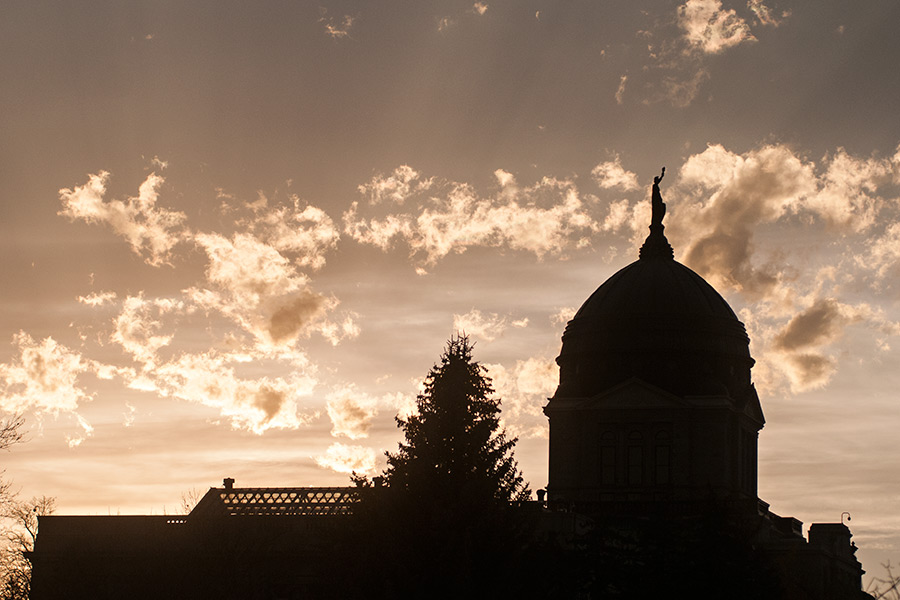HELENA – The Montana House on Monday rejected an attempt to bring back an infrastructure bill that it previously voted down twice, leaving Republican lawmakers and Gov. Steve Bullock’s office scrambling to salvage the measure in the final days of the legislative session.
The vote to reconsider the bill that would authorize $78 million in bonds to pay for public works and capital building projects fell 10 votes short of the 67 needed to bring it back to the House floor.
House Republican leaders, however, said the measure could still come back in this final week of this legislative session. Monday’s vote was a test that should strengthen the GOP’s hand when it comes to negotiating with the Democratic governor on what he has identified a top priority of the session, House Speaker Austin Knudsen said.
“The question now becomes do we come back to the negotiating table and (whether) he talks seriously about some things the Republican caucus might want in exchange for a bonding bill, or even lowering the size of that bonding bill,” the Culbertson Republican said.
Bullock said he has nothing to say on the issue and walked away from reporters as they were questioning him. Spokeswoman Ronja Abel later released a statement that said the Republicans’ political games put infrastructure at the risk of failure.
There is great pressure to pass a measure that pays for public works and building projects with bonds, after similar measures failed in 2015 and 2013.
But lawmakers in the Republican caucus are in disagreement about how much debt the state should go into and what kind of projects those bonds should fund. In particular, they take issue with $25 million to renovate Montana State University’s Romney Hall, Knudsen said.
The latest deal, the product of negotiations between GOP leaders and Bullock’s office, would have taken $3 million from Romney Hall and used it to pay for public school renovations instead, said Rep. Mike Cuffe, R-Eureka, the bill’s sponsor.
But Knudsen didn’t back it, and his support is key for any measure to pass with the required two-thirds vote of the House, Cuffe added.
“I don’t think the speaker voted for this, and I think that’s a very direct reflection of how satisfied he is in the discussions that are going on,” Cuffe said.
Knudsen said that if Bullock wants a bonding bill to pass, the governor must be willing to budge on other legislation that he’s opposed to, such as a bill that would allow charter schools in the state.
“There’s not a whole lot of pieces left on the chessboard. But I think if you’re going to talk about trying to get this much bonding out of Republicans, it’s got to be something big,” Knudsen said.
Time is running short for a deal to be made. Monday was the 84th day of the 90-day legislative session, and many lawmakers who were hoping to adjourn early are getting restless. Immediately after the infrastructure bill was rejected, a vote was called to end the session. It received 20 of 100 votes.
House Minority Leader Jenny Eck, D-Helena, put the failure to pass a bonding bill squarely on the shoulders of Republican leaders, saying they have shown “active resistance” while the Democratic caucus has already negotiated down.
“This isn’t how you get things done, you know, to just keep postponing, keep delaying, keep putting it off — and now here we are at the last week,” Eck said. “This is what we were afraid of, and it’s really unfortunate for the people of Montana.”
